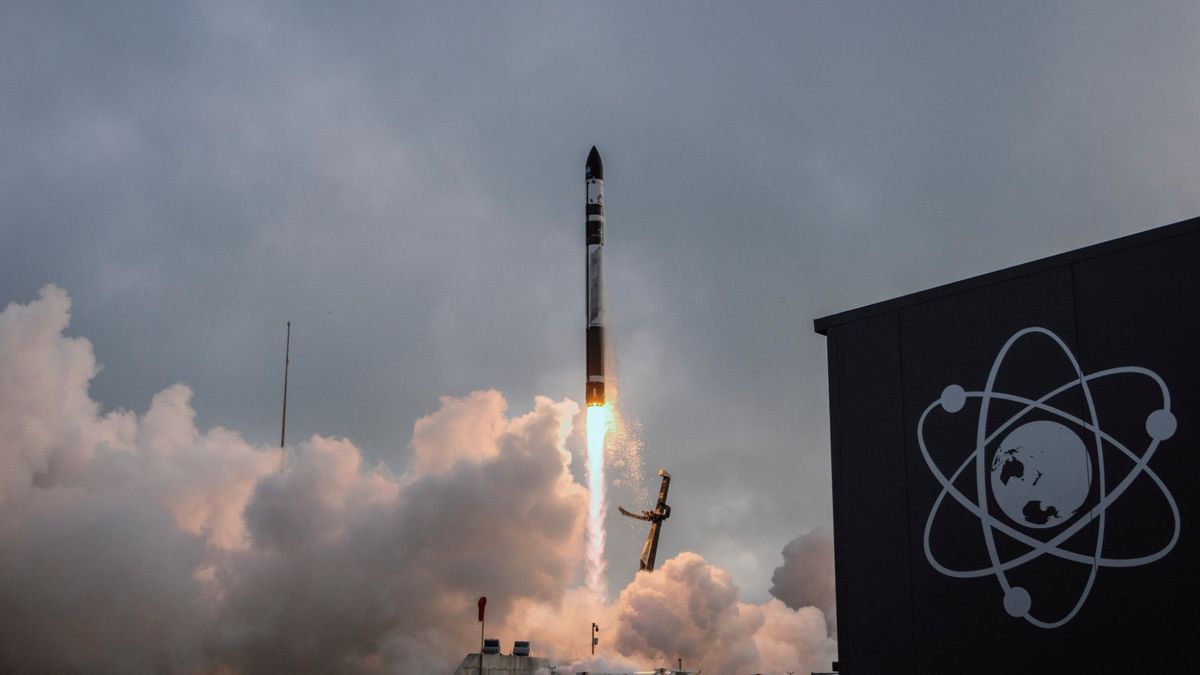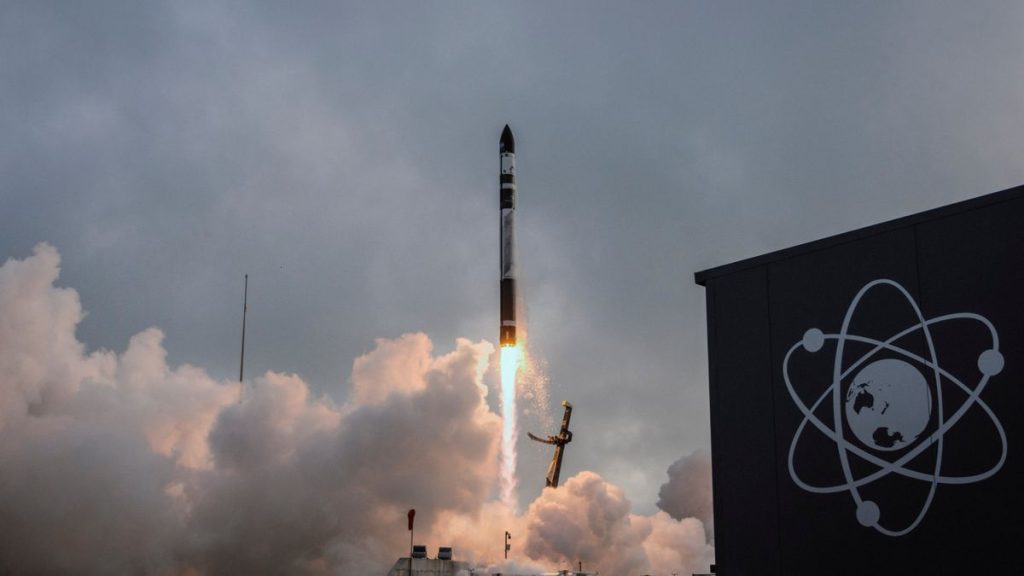Tune in to Rocket Lab’s launch of 5 French ‘Internet of Things’ satellites on November 24.


Watch Rocket Lab launch 5 French ‘Internet of Things’ satellites Nov. 24 (Image Credit: Space.com)
Rocket Lab plans to launch five “Internet of Things” (IoT) satellites to orbit on Sunday night (Nov. 24), and you can watch the action live.
An Electron launcher carrying five spacecraft for the French company Kinéis is scheduled to lift off from Rocket Lab‘s New Zealand site Saturday at 10:55 p.m. EST (0355 GMT and 4:55 p.m. local New Zealand time on Nov. 25). The launch window is instantaneous, so if the weather or any other issues force a delay, Rocket Lab will have to try again another day.
Rocket Lab will webcast the launch live, starting 30 minutes before liftoff. Space.com will carry the stream if, as expected, the company makes it available.
Kinéis booked five Electron launches to build its 25-satellite constellation in low Earth orbit. Sunday’s mission, which Rocket Lab calls “Ice AIS Baby,” will be the third such flight; the first two launched in June and September of this year.
If all goes according to plan on Sunday, the five IoT nanosatellites will be deployed into a 400-mile-high (643 kilometers) orbit about 66 minutes after liftoff.
Kinéis’ IoT constellation will provide “precise connectivity and location tracking of any object anywhere on the planet,” the company wrote on its website. “Whether you’re on the open sea, in remote areas or under extreme weather conditions, Kinéis ensures reliable, continuous data transmission so you can benefit from accurate information available at all times.”
Related: Rocket Lab launches 5 IoT satellites on landmark 50th mission (video)
“Ice AIS Baby” will be the 13th launch of 2024 for the 59-foot-tall (18 meters) Electron and its 55th orbital mission overall.
Electron is the only launcher in Rocket Lab’s stable, but that won’t be the case for much longer. The California-based company is working on a larger, partially reusable rocket called Neutron, which is expected to debut in 2025.
Editor’s note: This story was updated at 12:25 p.m. ET on Nov. 23 with the new launch date of Nov. 24.







